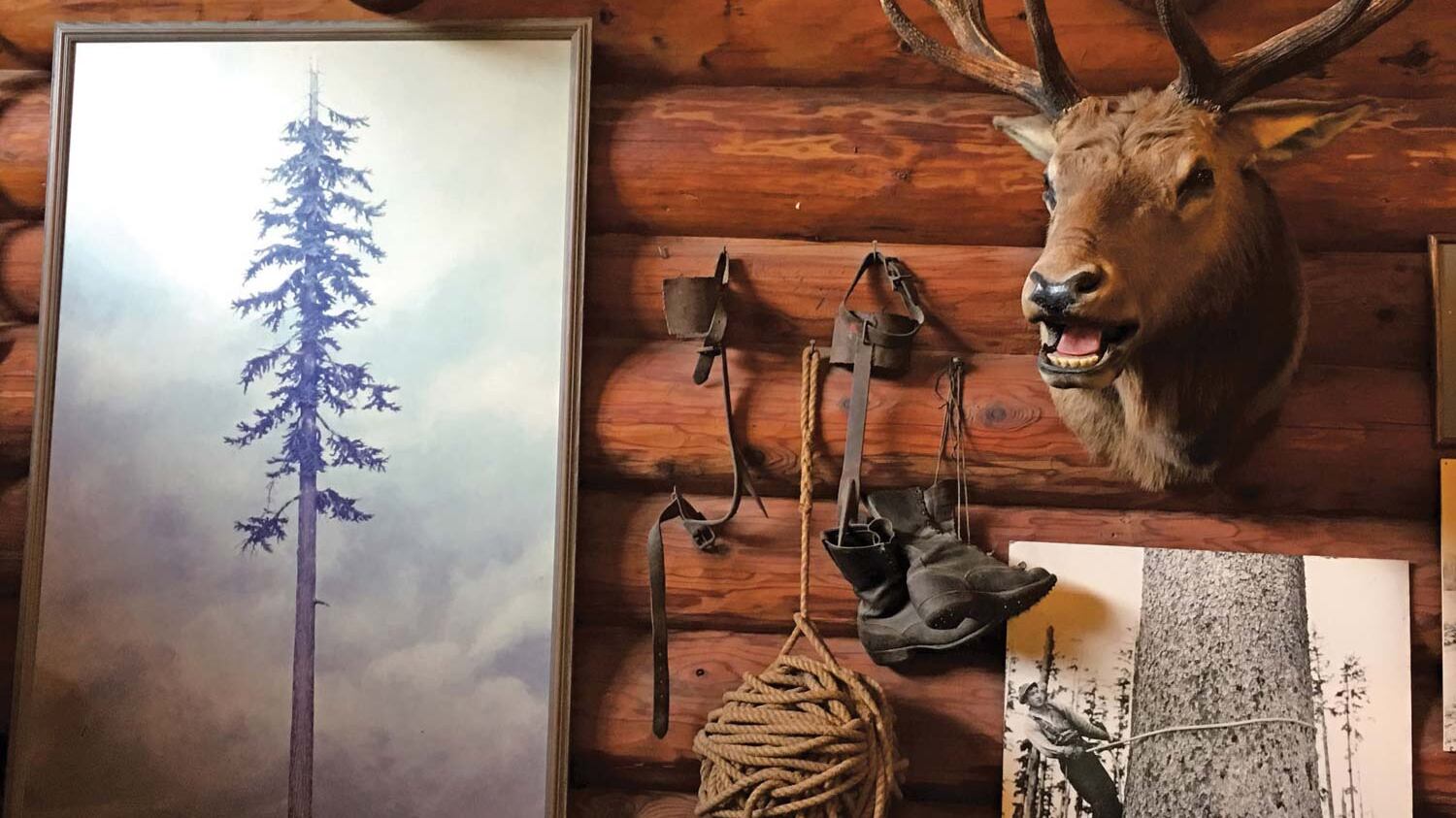This story was produced by the Oregon Journalism Project, a nonprofit newsroom covering the state.
Rural Oregon hunters and the state’s urban environmentalists have joined in a rare public embrace. The two groups, who often fall on opposite sides of the political spectrum, are together pursuing a tax increase that would benefit them both.
In the Legislature’s waning hours, these strange bedfellows support House Bill 2977, a bipartisan measure that would raise tens of millions of dollars for wildlife conservation as well as compensate ranchers for wolf predation.
But there’s a problem: The powerful Oregon Restaurant and Lodging Association, or ORLA, opposes the bill, and two Republican state senators, Daniel Bonham of The Dalles and Cedric Hayden of Fall Creek, have sought to kill it by asking for a “minority report,” which could keep it from a final vote before the session ends June 29, if not sooner.
“This bill has support from every corner of the state,” Amy Patrick of the Oregon Hunters Association said in a statement.
“It’s a smart, fair solution to address a wildlife funding crisis, and it’s been shaped by everyone from hunters and anglers to birders and business owners….I urge the two senators attempting now to derail it to respect the extensive work done by stakeholders and legislators alike and allow the bill to move forward.”
According to legislative rules, Senate President Rob Wagner (D-Lake Oswego) has the authority to bring HB 2977 to the floor for a vote.
If passed, the measure would add 1% to the state’s current lodging tax of 1.5%. The Oregon Department of Fish and Wildlife would use the new revenue to help preserve fish, sea animals, and scores of other fragile species and habitats. The bill would also tack on 0.25% to, among other programs, compensate ranchers three to five times the market value for livestock or working dogs maimed or killed by the gray wolf populations recovering in parts of the state.
Tourists who fish, hike, camp and hunt disproportionately impact Oregon’s wildlife and habitats and enjoy the benefits of conservation work, but don’t directly compensate for the wear and tear on nature through the tax system, says Steve Pedery of Oregon Wild. His group and others have tried for 20 years to line up such funding, he says, “and this bill caught fire this year.”
Pedery says if Wagner moves the bill, he has a chance “to be a wildlife champion…to wolf lovers and Oregon hunters together.”
But ORLA testified that increasing the statewide lodging tax would harm hoteliers and discourage budget-conscious travelers. The lobbying group helped create the state lodging tax in 2003 on the condition that 70% of it be spent on tourism marketing and promotion. Travel Oregon, the state’s tourism agency, administers the $40 million-plus a year raised by the tax.
“Oregon’s fish and wildlife is big business in Oregon, and this incredible resource is in jeopardy of blinking out,” Bob Rees of the Northwest Guides and Anglers Association said in a statement. “The Oregon Legislature is on the precipice of passing its first meaningful funding to turn the tide of these imperiled species through a bipartisan wildlife funding bill.”
If it fails, Rees says, his members would “hold those obstructing the passage of this bill personally responsible for its demise, the first real opportunity to recover Oregon’s troubled fish and wildlife species.”
Wagner‘s office did not reply to a request Thursday for comment.

